Installing a backup power generator for your home seems like a simple task, doesn’t it? However, you may encounter several unexpected challenges during the process. From finding the right location for the generator to navigating local regulations, these surprises can make installation more complex than anticipated.
Understanding these surprises ahead of time can help you better prepare for a seamless installation experience.
Planning Your Backup Power Installation
Setting up a backup power generator involves several critical steps, including determining your energy requirements, selecting the appropriate generator, and adhering to local regulations.
Assessing Your Power Needs
Begin by identifying the essential appliances and systems in your home that require power during outages. Make a list that includes refrigerators, HVAC systems, lighting, etc. Calculate their combined wattage to understand your total power requirements.
A wattage guide or power consumption chart can be helpful. For example:
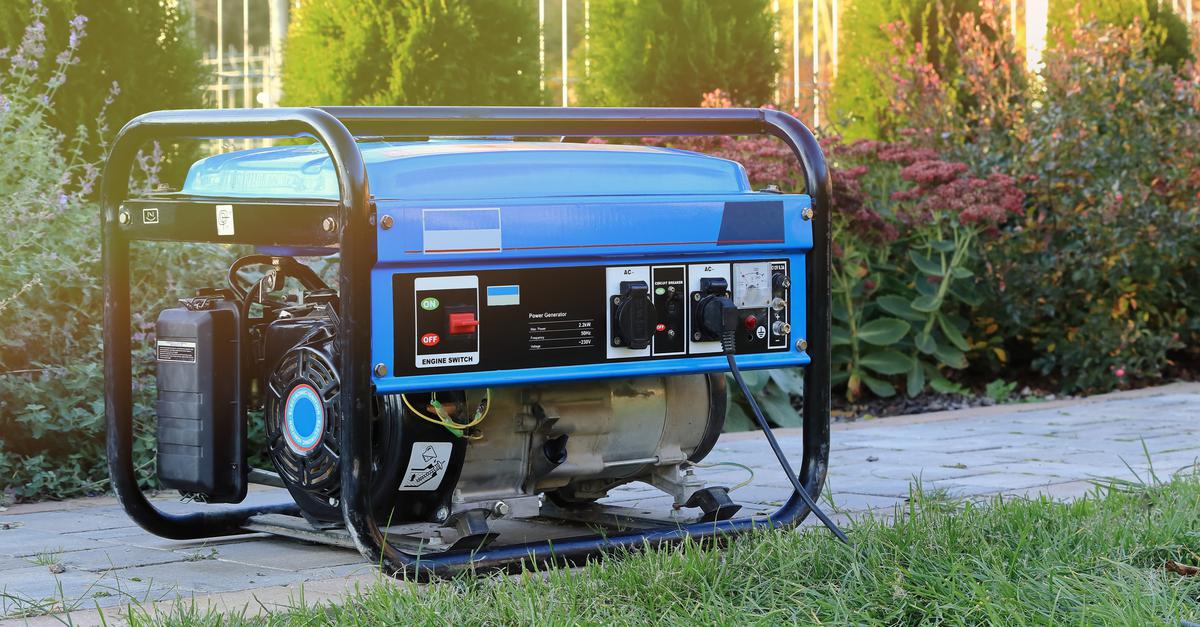
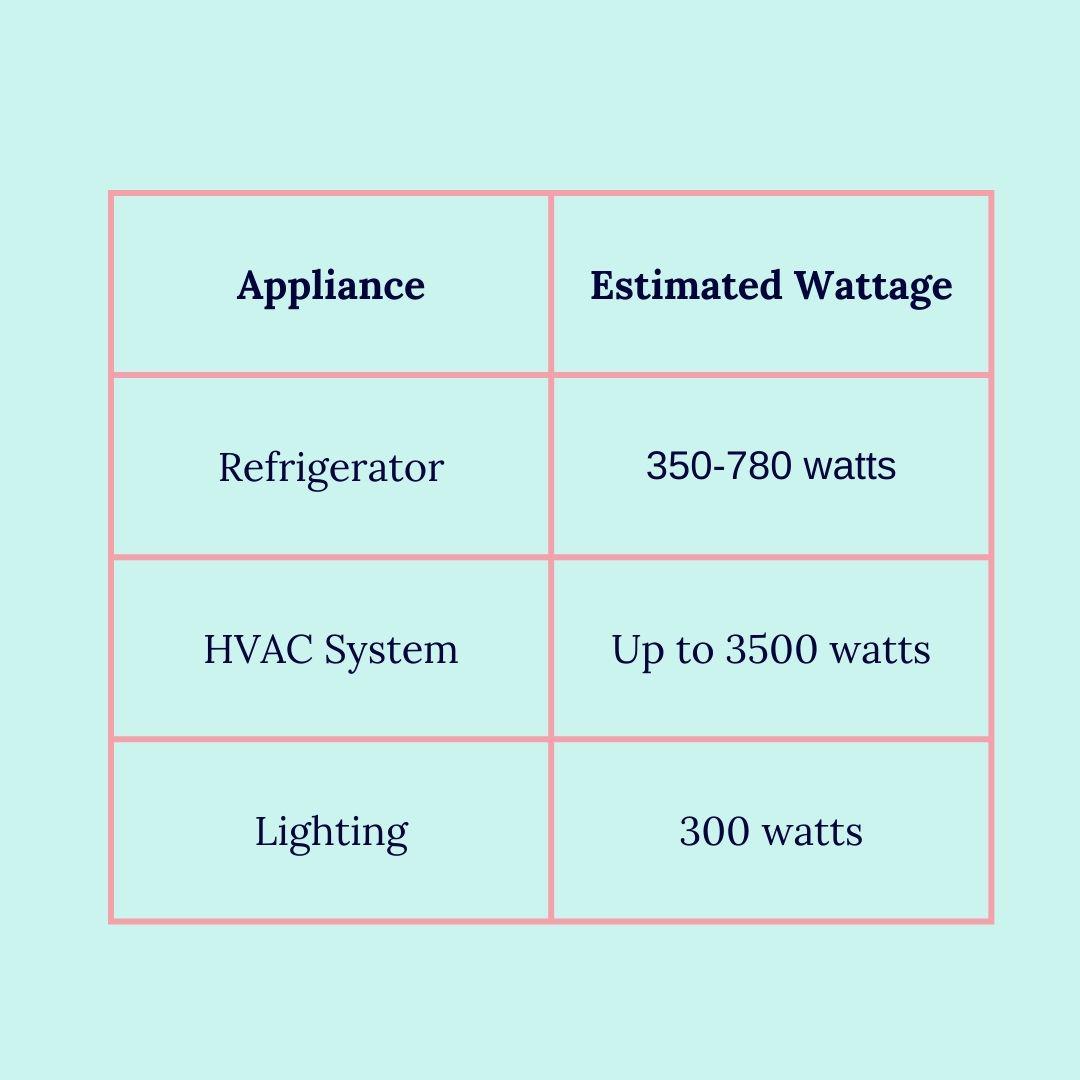


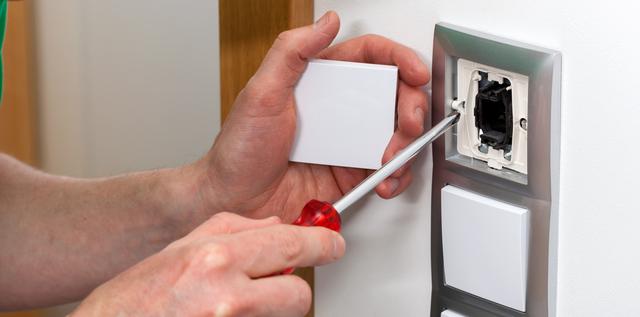
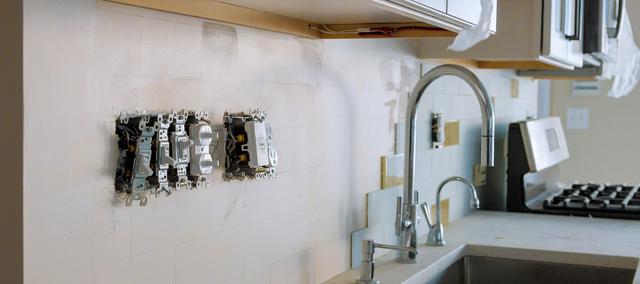
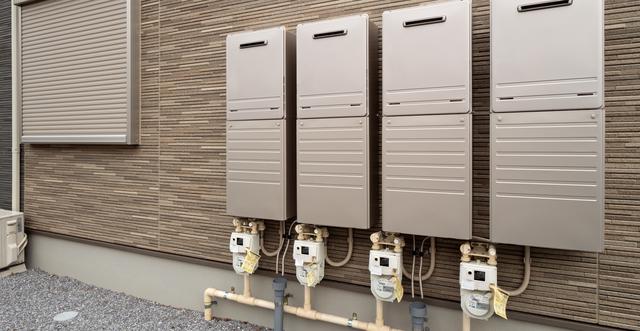
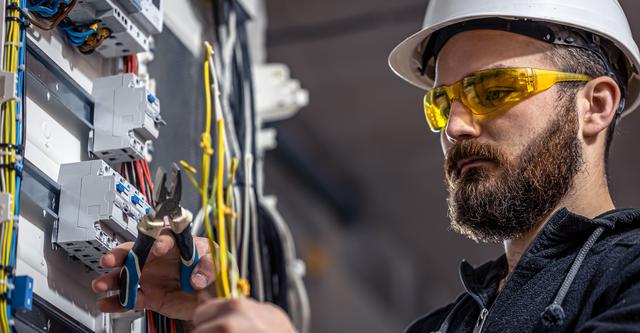
comments